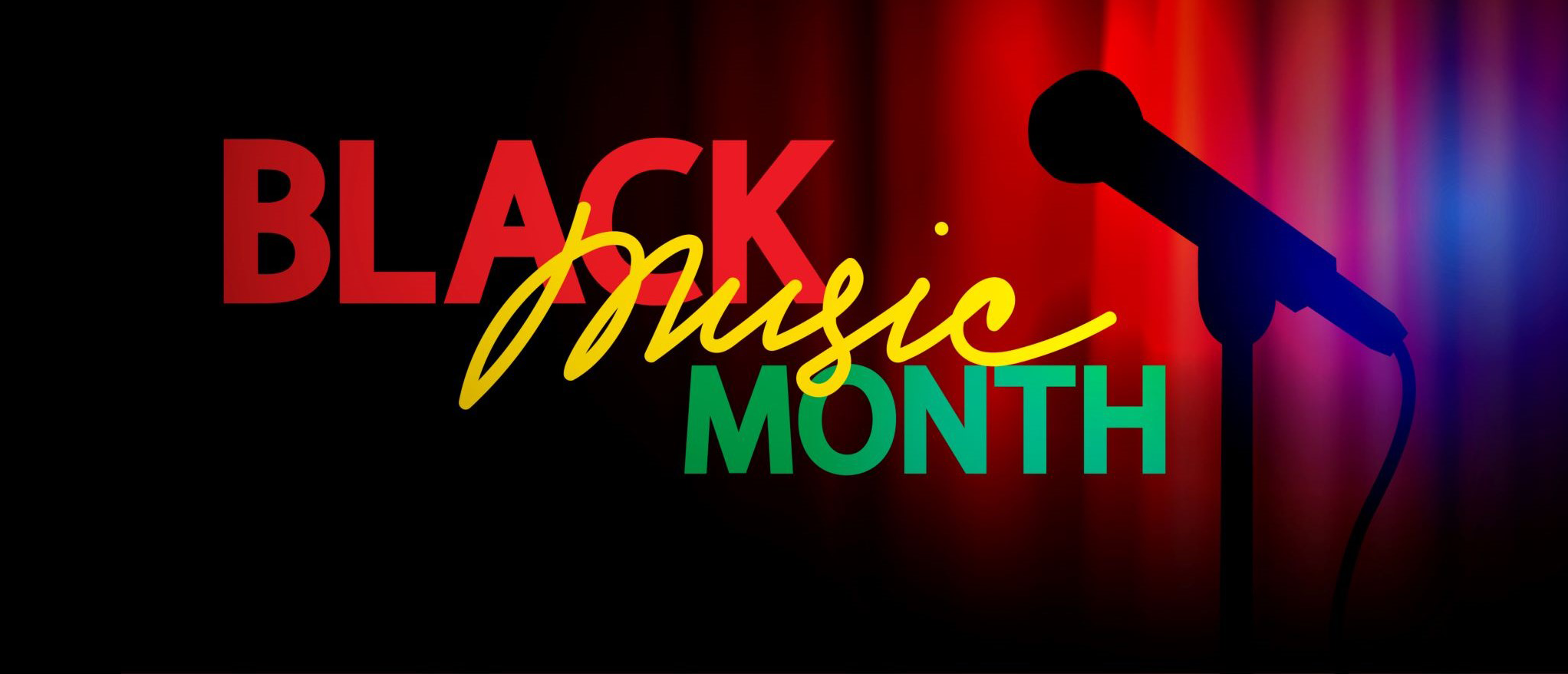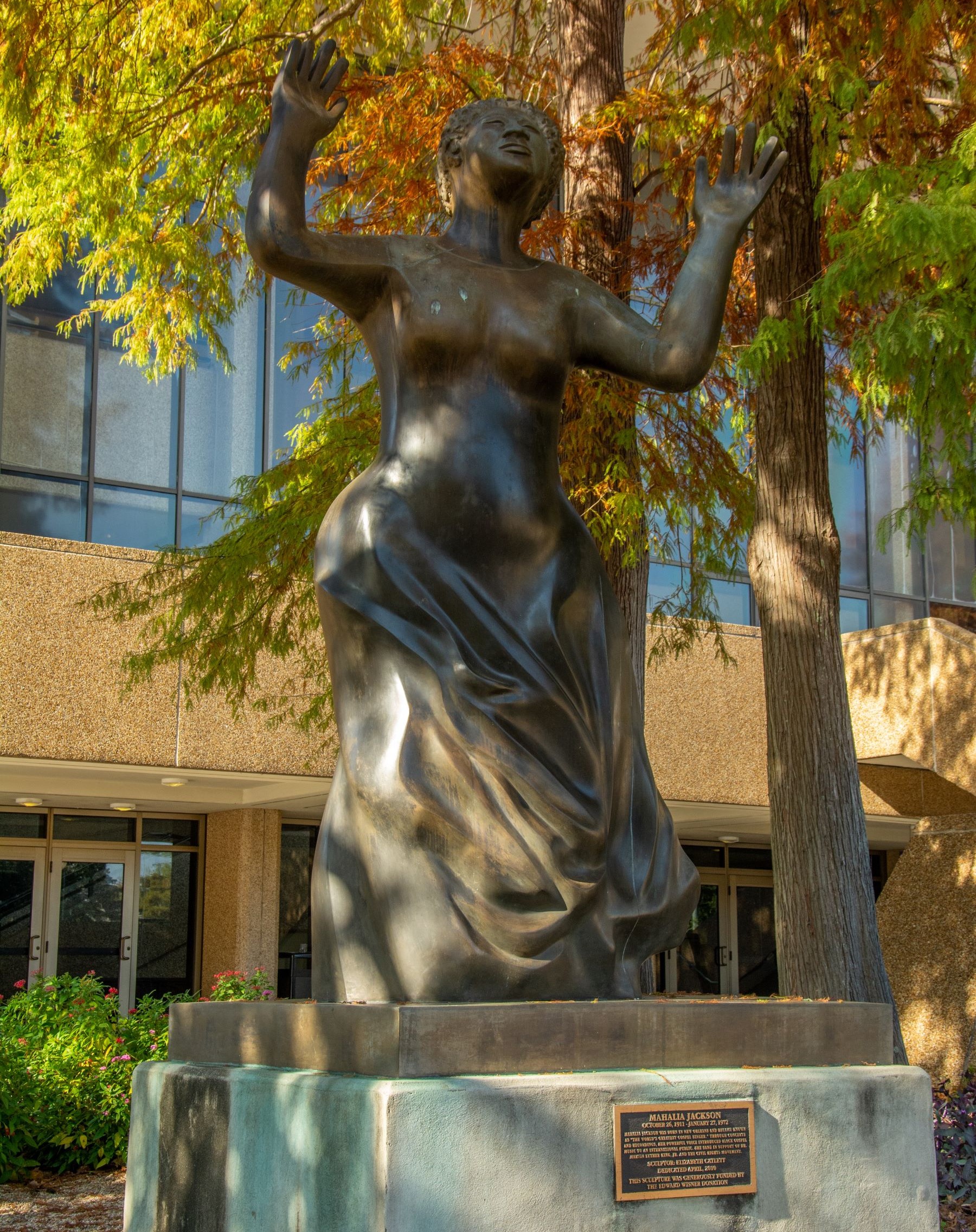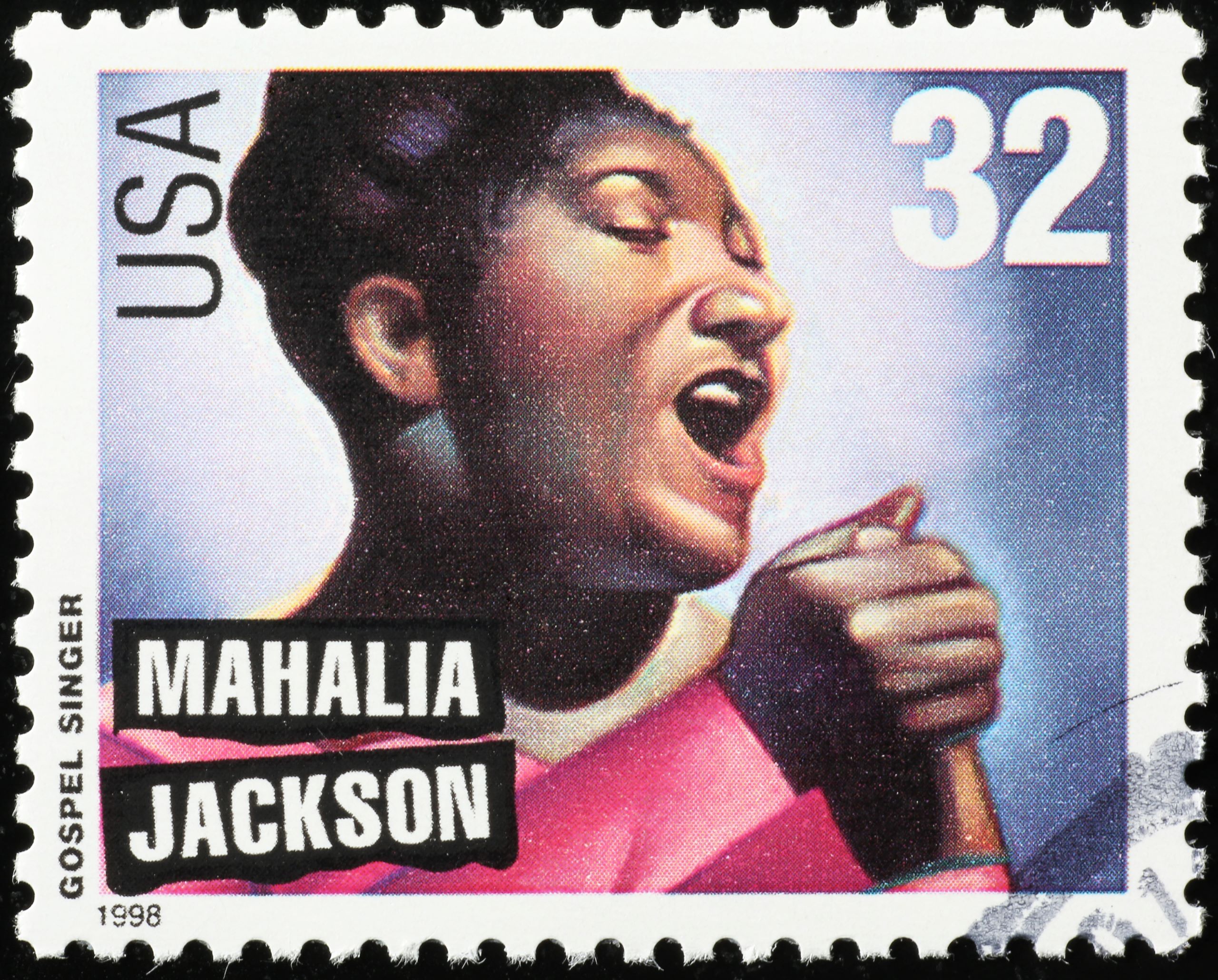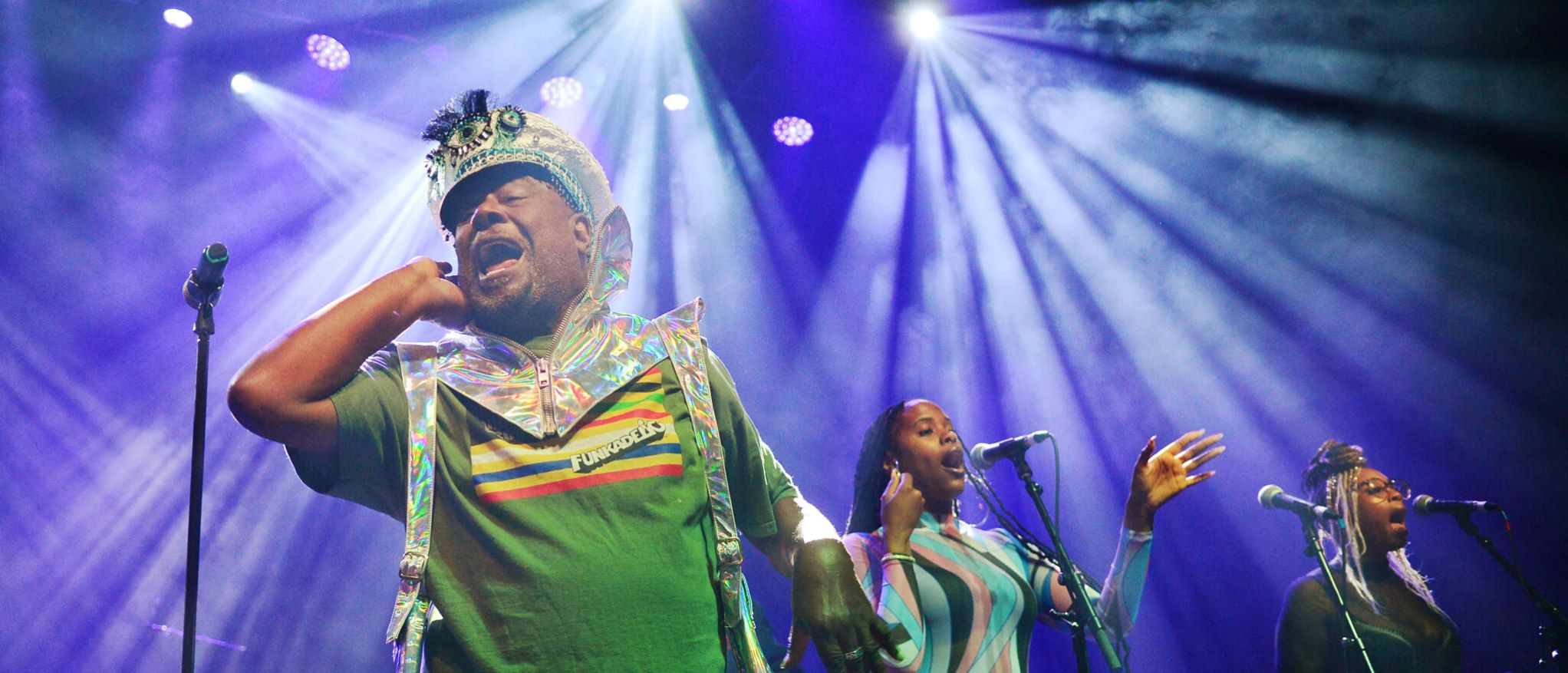Black Music Month Spotlight on Mahalia Jackson

For Black Music Month, also referred to as African American Music Appreciation Month, GEM honors the music of Mahalia Jackson (1911-1972). Jackson’s name is synonymous with gospel music and the civil rights movement.
Born into poverty in New Orleans, she was the granddaughter of enslaved people. Her mother died when she was five. This led to being raised by an aunt who treated her cruelly, leading to a tumultuous childhood.

Church a Home for Mahalia Jackson
At an early age, the church was a staple of Mahalia’s life, captivated by the music and spirit. As a result, this leads to a life filled with music. Subsequently, she developed a style of gospel and blues. Her vocal range expansive, it ranged from contralto to soprano. She brought gospel music worldwide to people who never heard it like this.
Jackson’s signature style included shouting and being completely moved by the spirit, often crying during her performances. In 1947 she became a star with the release of “Move On Up a Little Higher,” selling two million copies. With that success, she attracts the attention of Black and white audiences and fans of jazz.
Now on a roll, her star continues to rise, and she reportedly sold as many as 22 million records in her lifetime. She became a familiar name on radio and television in the 1950s and was known as the “Queen of Gospel.”

Unashamed of Her Roots
Jackson spoke with a heavy southern accent and wasn’t ashamed of her African American roots, upbringing, or dedication to delivering God’s word through music.
Gospel singer Cleophus Robinson said, “There never was any pretense, no shame about her. Wherever you met her, it was like receiving a letter from home. She was a warm, carefree personality who gave you the feeling that you could relax and let your hair down whenever you were around her.”
In a story for the Pittsburgh Courier, African American reporter Evelyn Cunningham wrote of a Jackson concert she recently attended. She expected to be embarrassed by Jackson’s speech habits, but “when she sang, she made me choke up and feel wondrously proud of my people and my heritage. She made me drop my bonds and become emancipated.”

The ‘Opening Act’ for Civil Rights
As Jackson’s legend grew, she performed for dignitaries and royalty worldwide. In 1961, she performed at President John F. Kennedy’s inauguration.
Mahalia Jackson met Dr. Martin Luther King, Jr. during the Montgomery Bus Boycott of 1955 and 56, which began an enduring friendship. The ‘opening act,’ she performed for him many times, including King’s “I Have a Dream” speech on August 28, 1963, in front of 250,000 on the steps of the Lincoln Memorial.
She opened with “I’ve Been Buked, and I’ve Been Scorned.” However, her performance of “How I Got Over” stole the crowd’s attention just before King spoke. She clapped, contorted her face, gyrated, and sang at the top of her lungs. The crowd joined in, primed for King’s arrival.
Jackson was familiar with King’s speeches by this time and had the confidence to urge him on, a familiar face standing and shouting behind him. On this day, King read most of his prepared speech but went off script near the end. Jackson called out to him, “Tell them about the dream, Martin!”
The rest is history.


